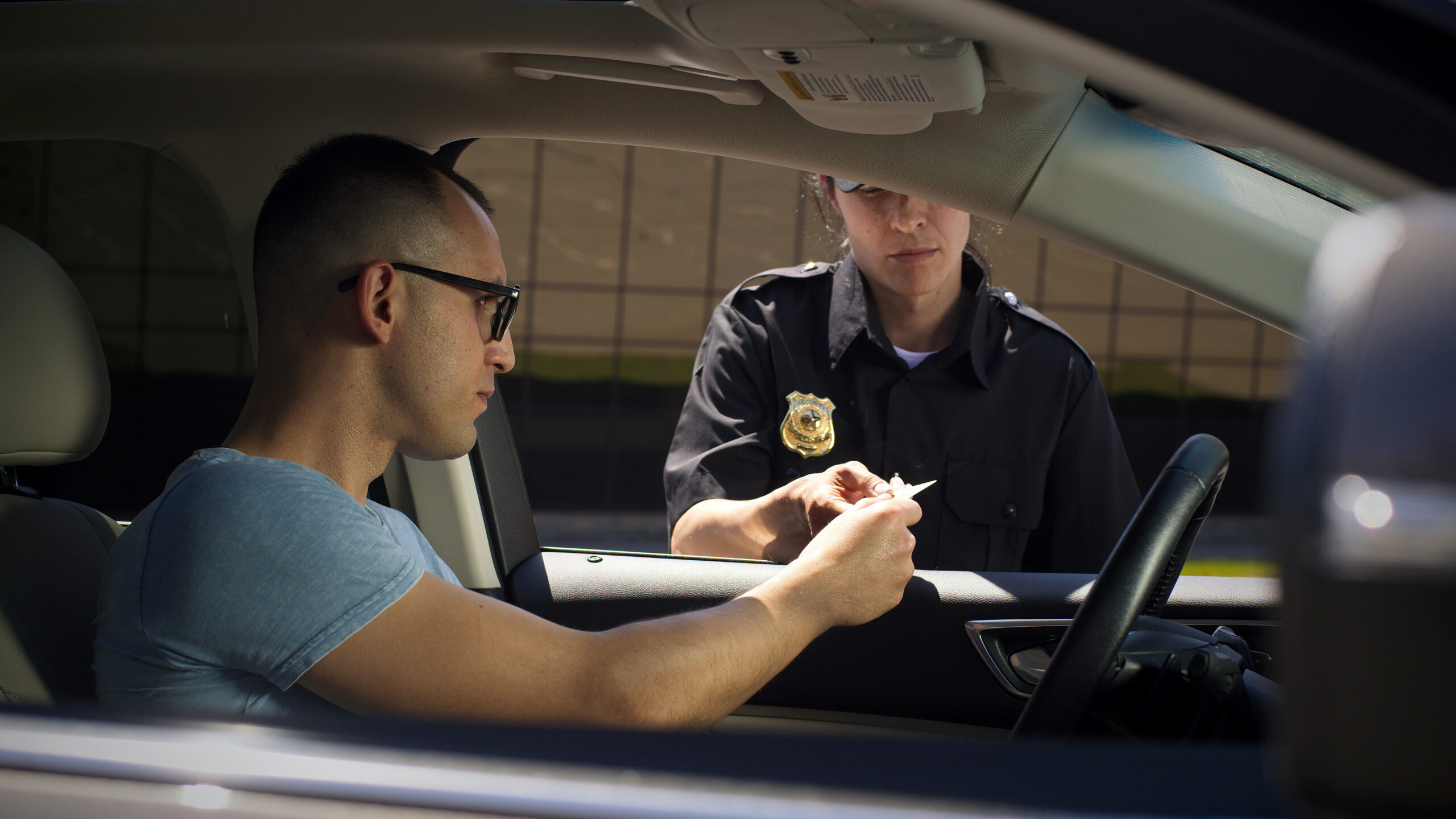Navigating a traffic stop can be a stressful and intimidating experience. Understanding your rights in such encounters is crucial. Knowing your entitlements can significantly impact the outcome of your interaction with law enforcement and any subsequent legal proceedings. Please continue reading as we explore your constitutional rights during a traffic stop, how to effectively assert these liberties, and the importance of connecting with an experienced Bergen County Criminal Defense Attorney.
What Rights Do I Have During a Traffic Stop?
Under the Fifth Amendment, you have the right to remain silent to avoid self-incrimination. While you are obligated to provide your license, proof of insurance, and vehicle registration upon request, you don’t have to answer any questions. After you provide the officer with this information, you should exercise your right to remain silent, as anything you say can and will be used against you in a court of law.
In addition, you have the right to refuse consent to a search. Under the Fourth Amendment, you are protected from searches of your person or possessions without a warrant or your consent, unless there are exigent circumstances, such as preventing immediate harm or the destruction of evidence. If a police officer asks to search your vehicle, you should politely and firmly state that you don’t consent to the search of your property.
Contrary to popular belief, you also have the right to refuse sobriety testing. Although refusing chemical testing is immediate grounds for license suspension and other penalties, you have the right to refuse to participate in field sobriety tests. These tests are used to determine whether a motorist is operating a vehicle under the influence and are used as evidence in a DUI case. However, their reliability is questionable. You have the right to decline these tests if you are uncomfortable performing them.
Do I Have the Right to Legal Representation?
One of the most important rights you have during a traffic stop is the right to legal representation. While you are not technically entitled to have a lawyer present at the scene, you can request to speak with one before answering any questions. Finally, you have the right to ask if you are free to leave. You only need to stay at a traffic stop if you are being detained or arrested. If the officer states you are free to go, you can leave the scene. If the officer says you are not free to leave, you should ask for the reason.
Understanding your rights during a traffic stop is crucial for facilitating a smooth encounter and avoiding potential complications. If you believe your rights have been violated, please don’t hesitate to contact a determined attorney from The Law Office of Carl Spector.
